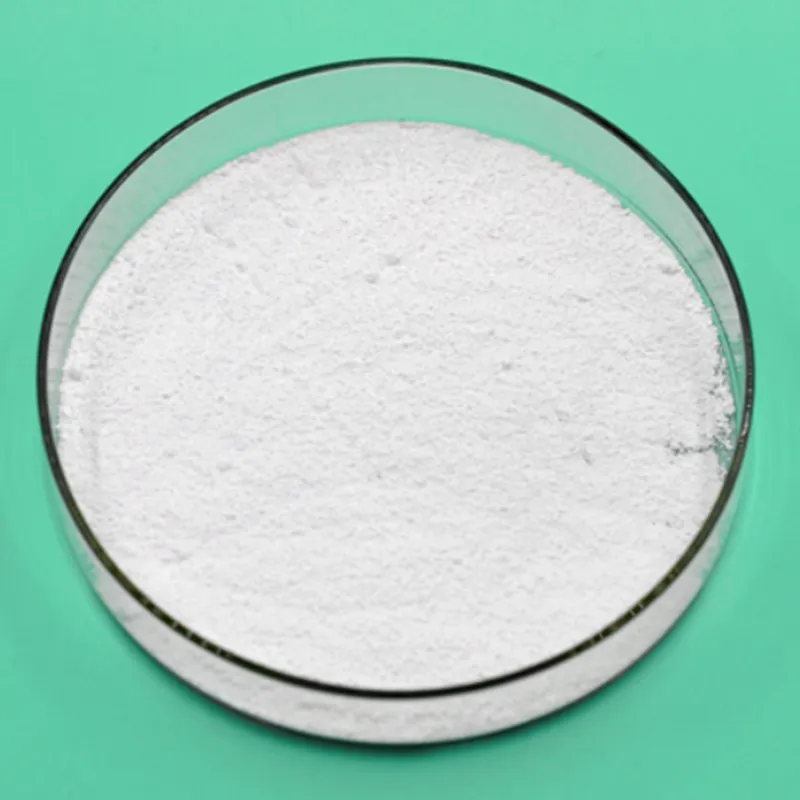
Understanding E410 Food Additive and Its Uses in Food Products
Understanding E410 The Role of Food Additive in Modern Cuisine
In the world of food production and culinary arts, food additives play a crucial role in enhancing the flavor, texture, and overall quality of the food we consume. One such additive that has gained popularity in various food products is E410, also known as Carob Bean Gum. E410 is derived from the seeds of the carob tree (Ceratonia siliqua), and has become a significant ingredient in numerous food formulations, especially in the realm of processed foods.
What is E410?
E410, or Carob Bean Gum, is a natural thickener and stabilizer. It is derived from the endosperm of the seeds of the carob tree, which is native to the Mediterranean region. The plant has been used for centuries, not only for its edible pods but also for its seeds, which are processed to extract the gum. This edible gum is then used extensively in the food industry due to its gelling, thickening, and stabilizing properties.
Uses of E410 in Food Products
E410 is commonly found in a variety of food products
. Its primary applications include1. Dairy Products E410 is frequently used in ice creams, yogurt, and cheese. It helps improve the texture and prevents the formation of ice crystals in frozen desserts, ensuring a smoother consistency.
2. Baked Goods In the baking industry, E410 acts as a stabilizer and thickener in bread, cakes, and pastries, enhancing their moisture retention and overall texture.
3. Sauces and Dressings Many sauces, gravies, and salad dressings use E410 to create a uniform thickness and stability, preventing separation and enhancing mouthfeel.
e 410 food additive

4. Confectionery Candy and sweet products utilize E410 to achieve the desired texture and appearance, making it a popular choice among manufacturers.
5. Gluten-Free Products With the rise in demand for gluten-free foods, E410 has become an essential ingredient. It mimics the elasticity that gluten provides in traditional products, giving gluten-free breads and pastries a better structure.
Nutritional Implications and Safety
One of the key advantages of E410 is that it is derived from natural sources, making it a preferable choice for those looking to avoid synthetic additives. Carob bean gum is considered safe for consumption, and it is classified as a dietary fiber. This means it can contribute to daily fiber intake, potentially aiding in digestion and promoting gut health.
The safety of E410 has been supported by various food safety authorities, including the European Food Safety Authority (EFSA) and the Food and Drug Administration (FDA). Nevertheless, it is essential for consumers to be aware of potential allergies or sensitivities. Some individuals might experience digestive discomfort when consuming large quantities of fibers, including carob bean gum, although such cases are relatively rare.
Conclusion
In conclusion, E410 (Carob Bean Gum) is a versatile and valuable food additive that enhances the quality and appeal of many products we encounter in our daily diets. Its natural origins and functional properties make it an attractive choice for food manufacturers, especially in a market increasingly concerned with health and wellness. As consumers continue to prioritize clean labels and natural ingredients, the importance of E410 and similar additives in modern cuisine will likely continue to grow.
Whether it's improving the texture of your favorite ice cream or stabilizing your go-to salad dressing, E410 plays an unseen yet significant role in the culinary landscape, making our food not only more enjoyable but also more consistent in quality. As always, understanding the ingredients in our food can empower us as consumers to make informed decisions about what we eat.
-
Buy High-Quality Trichloroisocyanuric Acid for Sale | TCCA 90% SupplierNewsAug.30,2025
-
Pure Sodium Dichloroisocyanurate Dihydrate | Powerful DisinfectantNewsAug.29,2025
-
Industrial Chemicals: Quality & Purity for Every IndustryNewsAug.28,2025
-
Nitrile Rubber Honoring Strict Production StandardsNewsAug.22,2025
-
Aspartame Ingredients Honoring Food Safety ValuesNewsAug.22,2025
-
Fertilizer for Balanced Plant NutritionNewsAug.22,2025
-
Cyanide Gold Processing with High Purity AdditivesNewsAug.22,2025
Hebei Tenger Chemical Technology Co., Ltd. focuses on the chemical industry and is committed to the export service of chemical raw materials.
-

view more DiethanolisopropanolamineIn the ever-growing field of chemical solutions, diethanolisopropanolamine (DEIPA) stands out as a versatile and important compound. Due to its unique chemical structure and properties, DEIPA is of interest to various industries including construction, personal care, and agriculture. -

view more TriisopropanolamineTriisopropanolamine (TIPA) alkanol amine substance, is a kind of alcohol amine compound with amino and alcohol hydroxyl, and because of its molecules contains both amino and hydroxyl. -

view more Tetramethyl Thiuram DisulfideTetramethyl thiuram disulfide, also known as TMTD, is a white to light-yellow powder with a distinct sulfur-like odor. It is soluble in organic solvents such as benzene, acetone, and ethyl acetate, making it highly versatile for use in different formulations. TMTD is known for its excellent vulcanization acceleration properties, which makes it a key ingredient in the production of rubber products. Additionally, it acts as an effective fungicide and bactericide, making it valuable in agricultural applications. Its high purity and stability ensure consistent performance, making it a preferred choice for manufacturers across various industries.





